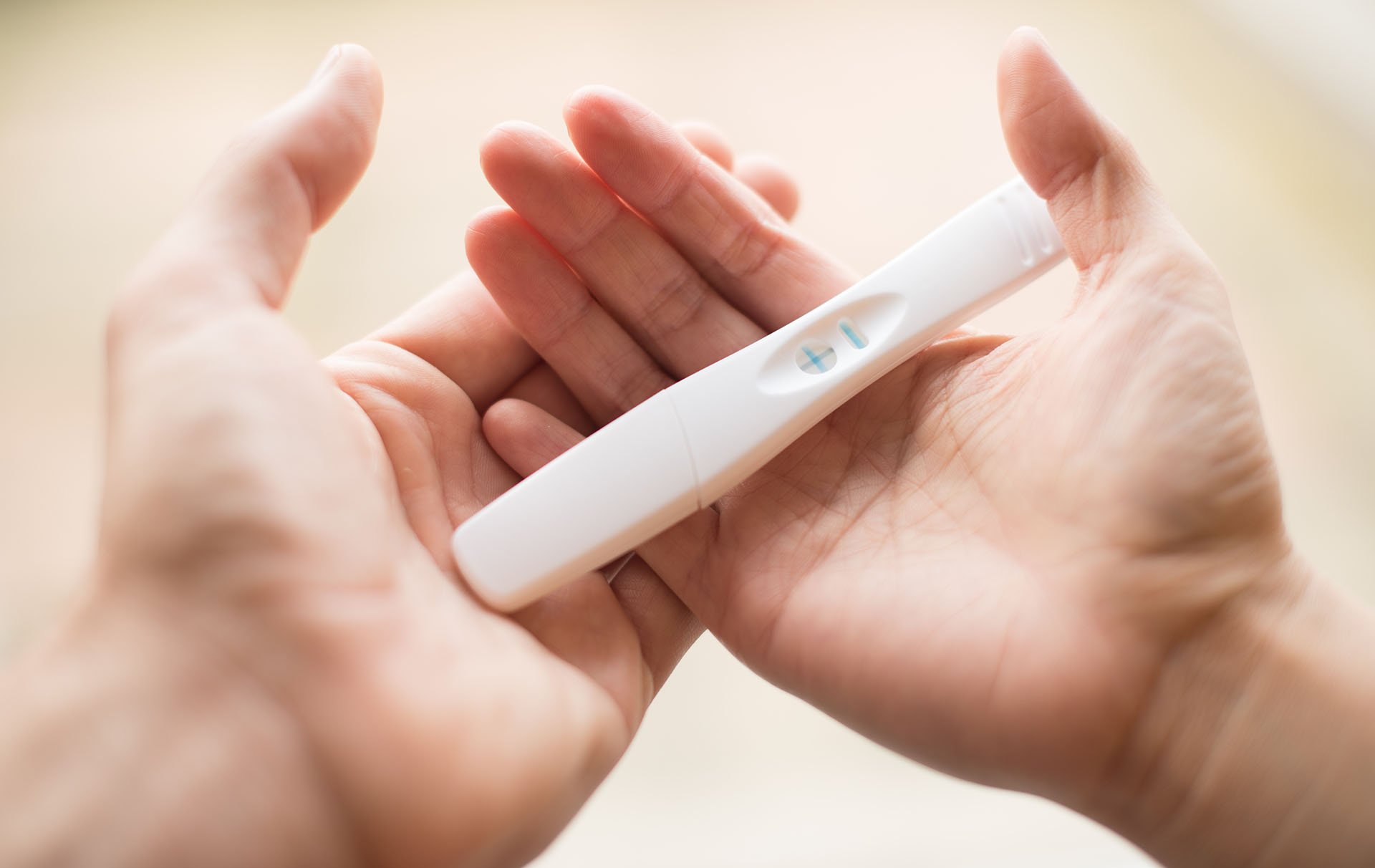In today’s world, there are a lot of birthing options available which you can choose from. You can make your choice but it will also depend upon your as well as the baby’s health condition. So, it is always better to talk with the gynaecologist and make a decision regarding your birthing option.
In this post, we are going to talk about birthing underwater. Hopefully, by the end of this post, you will be able to understand completely what is birthing underwater and will be able to choose your birthing preference
What is Birthing Underwater?
Generally birthing underwater is usually carried at home. During a water birth, you will be submerged in a water tub. Now there are two ways, either you can deliver your baby underwater or you can labour underwater and deliver your baby outside. If you want to deliver underwater in a hospital you should enquire about whether such facilities are available.
However, before you choose to water birth, you should know about the benefits and risks associated with it.
Also Read: How to Track your Basal Body Temperature and Ovulation?
What are the benefits of Birthing Underwater?
- Reduced Spinal Pain Birthing underwater has become popular like never before. This has happened because medically it has been proven that there are several benefits associated with birthing underwater. One of the most important benefits is that labouring underwater reduced spinal pain relief and also tries to reduce the duration of labour.
- Lower Stress Incontinence: Another study says that women who labour underwater, have a lower caesarean section rate. It has also been revealed that women who birth underwater reports less stress incontinence 42 days after delivery of the baby.
- Enhanced Satisfaction: Women birthing underwater also has spoken about the immense satisfaction they did have while delivering their baby as the warmth of the water helped them to wipe off all the discomfort and gave them a soothing feeling.
What are the risks of Birthing Underwater?
According to clinical experts, you should labour underwater if you are between 37 weeks to 41 weeks. Apart from this several other guidelines need to be followed for birthing underwater like the position of the baby should be head down, the amniotic fluid should be clear and the pregnancy should not carry any inherent risks.
Also Read: How To Talk To Your Partner About Fertility Issues
Now, birthing underwater can be risky if you are facing
- A blood or skin infection
- A high fever
- There is excessive vaginal bleeding
- If it is becoming difficult to trace the heartbeat of the foetus
- If there are twins or multiples
Apart from this, there are some other risks that are present with baby underwater
- While birthing underwater your baby may be susceptible to certain bacterial infections like Legionnaire’s disease which is quite grave and may cause pneumonia.
- Apart from this, there can be risks like
- While birthing underwater, it may be difficult to regulate the body temperature of the baby.
- There are chances for damage to the umbilical cord
- Chances for asphyxia and seizures
Requirements for Birthing Underwater in your Home
Now, if you prepare to birth underwater in your house then there are certain supplies that you will be requiring. However, you should definitely ask your midwives about all the additional requirements and supplies. We will provide a list of supplies that clinical experts from the world have suggested.
Suggested Articles: Announcing Pregnancy: These Are The 15 Best Ways To Do That
- Hygienic birth pool liner
- A strainer to take out any solid materials during birth
- An adapter will be used to attach the hose to the sink
- Two to three pounds of sea salt.
- A pot filled with boiling water for backup heating
Do make sure that you have your heater properly set so that there is a sufficient supply of water while delivery and labour.
What generally happens while birthing underwater?
When you are generally birthing underwater, you will see various things coming out from your body like mucus, blood, etc. When you are done with the delivery, the midwives generally take care of the baby first, after that, the midwife or the helper will first clean you and then empty the tub.
Summing Up
So, these are some of the points that you should definitely keep in mind while birthing underwater. You can go for this option for your delivery, but do consult your gynaecologist while opting for this.
Suggested Article For You
WHEN TO GO TO A DOCTOR? FROM PREGNANCY TILL BIRTH
Testing positive for pregnancy is beautiful as well as exciting. But the first thought that comes to your mind is when to visit your doctor? Here we have highlighted some points, from the beginning of your pregnancy journey to the final delivery. Read More:
![]()






